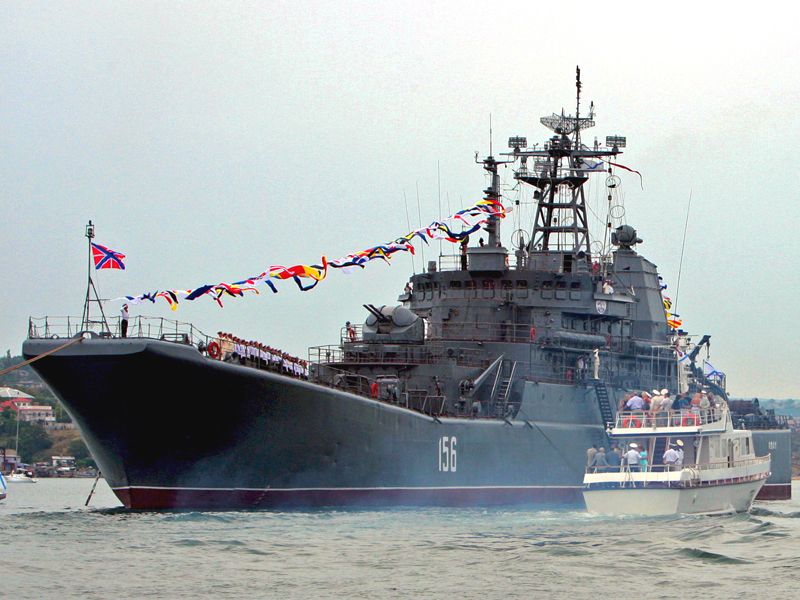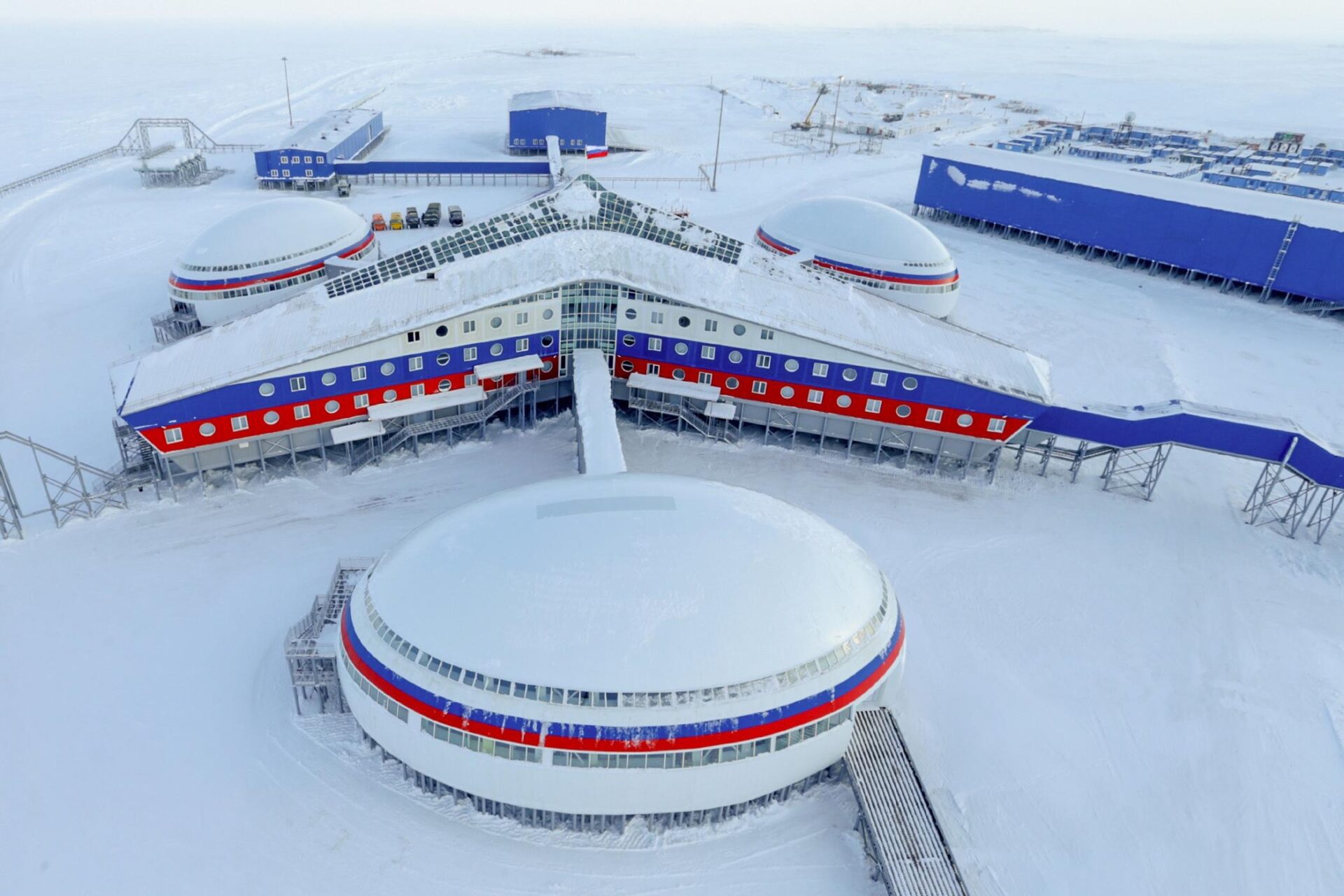
Russia-Ukraine Diplomatic War
Russia-Ukraine Diplomatic War
On July 27 the Kommersant daily, citing diplomatic sources, said that Ukraine intended to expel the Russian General Consul in Odessa, Oleksandr Grachov. The Ukrainian authorities have long accused the consulate of involvement in the illegal distribution of Russian passports to Crimean citizens. Kommersant described the expulsion of two Russian diplomats in close proximity as "the beginning of a diplomatic war between Moscow and Kyiv." Ukrainian sources revealed that the first diplomat that was expelled, a senior adviser to the Russian Embassy Vladimir Lysenko, had responsibility for maintaining contact and cooperating with "compatriots" in Ukraine. In effect, he provided finance for pro-Russian organizations in Ukraine, a Ukrainian diplomatic source told Ukrayinska Pravda (July 27). Lysenko was warned two years earlier by the Ukrainian foreign ministry. On that occasion Lysenko had questioned Ukrainian sovereignty over the Crimea in conjunction with the Black Sea Fleet base.
Ukrainian leaders are anxious that Russia will refuse to withdraw from Sevastopol in 2017, since Moscow continues to raise the question of extending the lease indefinitely and adding new vessels to the fleet. On July 26 the Commander-in-Chief of the Russian Navy Admiral Vladimir Vysotskiy attended the Black Sea Fleet annual parade, the first occasion that such a senior Russian officer has carried out the duty. Vysotskiy said during his visit that a portion of the fleet should remain in Sevastopol after 2017. "We are saying that Sevastopol is for us unfortunately not the main base of the Black Sea Fleet, as it is outlined in the 1997 agreement, but it is an important base" (Ukrayinska Pravda, July 26). Vysotskiy blamed political speculation by Ukrainian politicians for claims that the fleet could not remain beyond 2017.
The fleet is based there on a temporary article in the Ukrainian constitution that permits foreign bases for twenty years. After 2017 the article will not be valid and for the fleet to be permitted to remain beyond that date would require changing the Ukrainian constitution. This would be highly unlikely, as it would require 300 votes, which the pro-Russian forces could never muster. Opinion polls show that public support for Party of Regions leader Viktor Yanukovych and Communist Party leader Petro Symonenko total 40 percent, a long way from a two thirds constitutional majority.
The Ukrainian foreign ministry responded to Admiral Vysotskiy by saying that "we would like to stress that on the question of the term for the basing of the Black Sea Fleet of the Russian Federation there are no different viewpoints; there is simply a state (derzhavna) position declared on different levels." Documents on the termination of the basing agreement in 2017 are in preparation, the spokesman said, as the constitution forbids any alternative scenario (www.mfa.gov.ua, July 27). Tension surrounding the fleet remains high. The Ukrainian interior ministry, acting on intelligence provided by military intelligence and the security service, recently halted the transportation of fleet missiles on three occasions (since they lacked permits), as they were transported through the streets of Sevastopol. On two of these occasions the transportation did not include the required fire engine in case of an accident in a heavily populated area.
According to the 1997 agreement, the fleet is obliged to request from the Ukrainian defense ministry a permit for transportation of any kind outside the Sevastopol base. If no permit is received, then the transportation infringes Ukrainian legislation, an adviser to Ukraine’s foreign ministry stated (Ukrayinska Pravda, July 24).
The National Security and Defense Council (NRBO) issued a statement on July 24 on the issue of transportation by the fleet. The NRBO stated that infringements had reached a "systematic character" that "continues to ignore what is laid out in the bilateral agreement, international law and in Ukrainian legislation. The result is that the inhabitants of Sevastopol and Ukraine’s national security have been placed under serious threat." The statement continued, "It would appear that this is purposefully undertaken to demonstrate disrespect to (Ukraine’s) national sovereignty…"
Admiral Vysotskiy admitted that this had broken the 1997 agreement and promised an investigation. Whether the investigation will lead to any change in the fleet’s posture in Sevastopol is doubtful. During Leonid Kuchma’s presidency from 1997-2004 the Ukrainian authorities turned a blind eye to the fleet’s repeated flouting of the 1997 basing agreement.
The "rocket-diplomatic war," as Ukrayinska Pravda (July 24) described it, is a new phenomenon, as the current Ukrainian leadership has opted to force the fleet to adhere to every aspect of the 1997 agreement. One factor influencing President Yushchenko to adopt this policy is the shock in Kyiv over the use of fleet to attack Georgia in August 2008. Ukraine had not expected that its territory would be used to launch any aggression against an ally. The missiles illegally transported through Sevastopol were the same type used against the Georgian navy during the Russian aggression against Georgia.
On the eve of the fleet’s annual parade attempts to hold a rehearsal were also blocked by the Ukrainian interior ministry due to the lack of permits for 22 Russian armoured personnel carriers to trundle through Sevastopol. One Russian diplomatic source described this as another "provocation" (Ukrayinska Pravda, July 23).
Tension in the Crimea is at its highest since Ukraine faced the separatist challenge in the mid-1990’s. Externally, Russia has launched a widespread ideological campaign against Ukraine (and Georgia) that has made the former the third most disliked country in Russia. This tension in the Crimea is largely ignored by the E.U., NATO and the U.S. – though it is an increasing priority in Kyiv.


